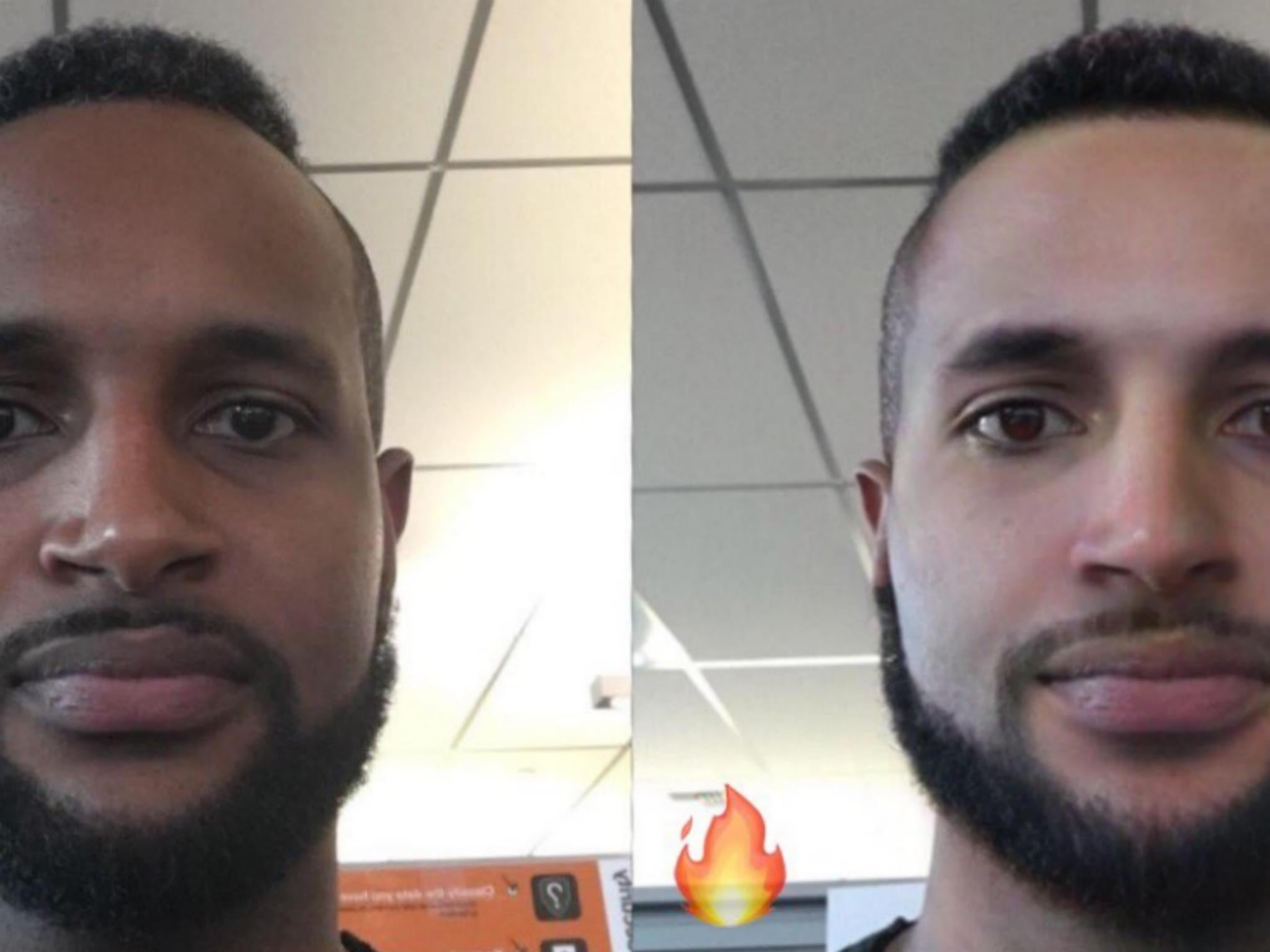FaceApp: Selfie app accused of racism for whitening users’ skin
'We are deeply sorry for this unquestionably serious issue'

Your support helps us to tell the story
From reproductive rights to climate change to Big Tech, The Independent is on the ground when the story is developing. Whether it's investigating the financials of Elon Musk's pro-Trump PAC or producing our latest documentary, 'The A Word', which shines a light on the American women fighting for reproductive rights, we know how important it is to parse out the facts from the messaging.
At such a critical moment in US history, we need reporters on the ground. Your donation allows us to keep sending journalists to speak to both sides of the story.
The Independent is trusted by Americans across the entire political spectrum. And unlike many other quality news outlets, we choose not to lock Americans out of our reporting and analysis with paywalls. We believe quality journalism should be available to everyone, paid for by those who can afford it.
Your support makes all the difference.The founder of FaceApp has apologised after complaints from users about the app’s ‘Hot’ filter lightening their skin.
The free app uses artificial intelligence to dramatically alter selfies, in a similar manner to Prisma and Meitu.
It’s currently trending in the Google Play store and Apple App Store, having become a viral hit for the wrong reasons.
Users this week pointed out that FaceApp's ‘Hot’ filter was whitening their skin tone and making them look more "European".
The filter has now been renamed ‘Spark’, and FaceApp’s founder and CEO, Yaroslav Goncharov, has responded to the widespread criticism with an apology.
“We are deeply sorry for this unquestionably serious issue,” he told The Independent. “It is an unfortunate side-effect of the underlying neural network caused by the training set bias, not intended behaviour.
“To mitigate the issue, we have renamed the effect to exclude any positive connotation associated with it. We are also working on the complete fix that should arrive soon.”
Mr Goncharov's statement suggests the app wasn't deliberately designed to lighten users' faces, but that its artificial intelligence isn't up to scratch because its training predominantly used light-skinned faces.
This isn’t the first time a technology company has been embroiled in a race storm over filters.
Meitu, which was found to be collecting huge amounts of users’ personal data earlier this year, was also criticised for whitening users’ skin.
Snapchat too caused outrage last year with its “blackface” Bob Marley filter and “yellowface” filter.
A recent report found that AI is being taught to be racist and sexist by learning from humans.
“If machine-learning technologies used for, say, résumé screening were to imbibe cultural stereotypes, it may result in prejudiced outcomes,” wrote the researchers.
Join our commenting forum
Join thought-provoking conversations, follow other Independent readers and see their replies
Comments